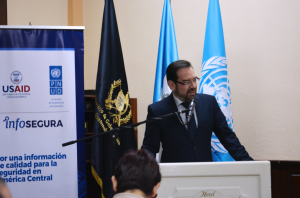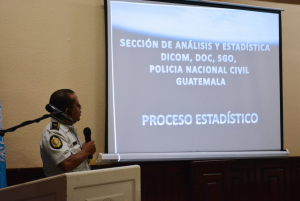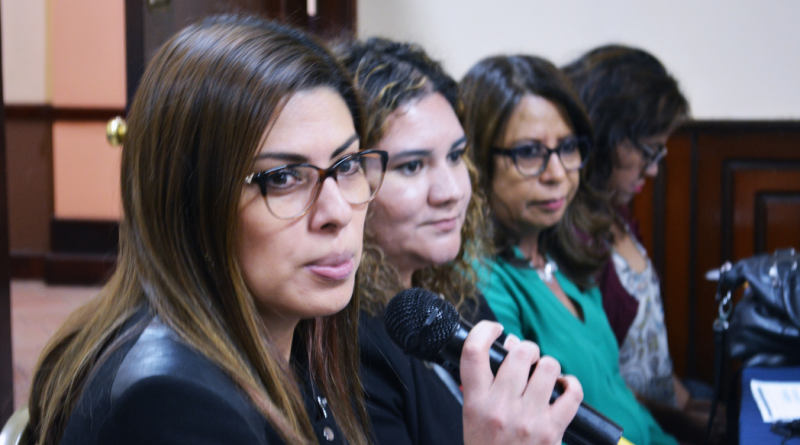Guatemala implements the International Classification of Crime for Statistical Purposes as a key tool to improve its Statistical Quality
The Inter-Institutional Technical Committee (MIT) of Guatemala, comprised by the Vice-Ministry of Violence and Crime Prevention, the National Civil Police, the Public Prosecutor’s Office, the National Institute of Forensic Sciences, the Judicial Branch, the General Directorate of the Prison System and the National Institute of Statistics, participated in a workshop on the implementation of the International Classification of Crime for Statistical Purposes.
During the workshop, public officials from these institutions carried out crime classification exercises following the categories and disaggregation variables of the International Classification of Crime for Statistical Purposes (ICCS). They also had a fruitful discussion on the differences between the various administrative records in the country, as on the needs to strengthen their institutional capacities and to generate quality statistical data on crimes, victims, aggressors and the context in which these behaviors occur, according to international standards approved by the United Nations Statistical Commission and the Commission on Crime Prevention and Criminal Justice.
This workshop was jointly organized by the Center of Excellence in Statistical Information on Government, Crime, Victimization and Justice, a joint project of the United Nations Office on Drugs and Crime (UNODC) and the National Institute of Statistics and Geography of Mexico (INEGI), within the framework of the Project “Evidence-Based Information Management for Citizen Security in Central America and the Dominican Republic” (InfoSegura). The project is the result of a regional alliance between the United States Agency for International Development (USAID) and the United Nations Development Program (UNDP).






